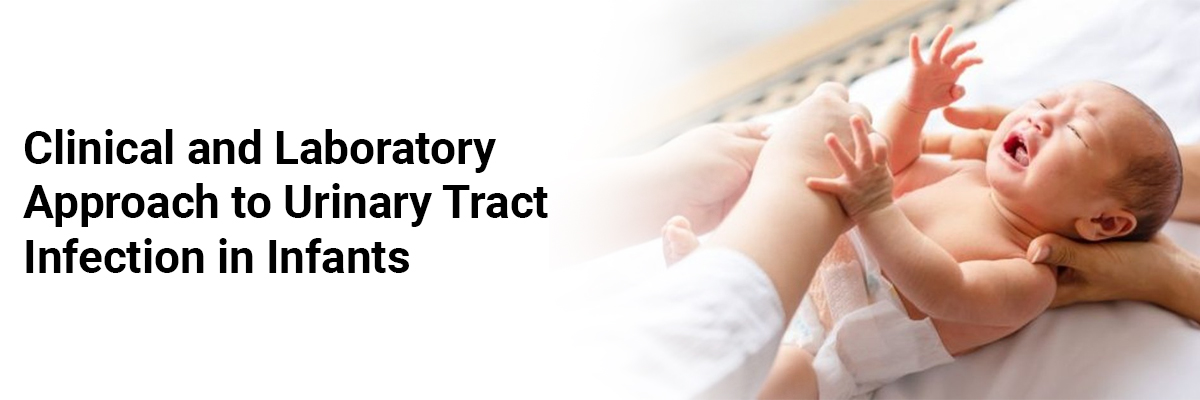
 IJCP Editorial Team
IJCP Editorial Team
Clinical and Laboratory Approach to Urinary Tract Infection in Infants
Urinary Tract Infection (UTI) in neonates (<30 days of age) is due to bacteremia and congenital malformations of the kidneys and the urinary system. Upper urinary tract infections lead to pyelonephritis, which may further cause scarring of the renal parenchyma and ultimately to chronic renal disease. The prevalence of UTI in neonates ranges from 7% to 15% in different studies, which is even higher among premature and low birth weight neonates.
A recent study examined closely the microbiological properties and symptoms of primary infection in young infants with a predisposition to recurrent infection by enrolling infants with urinary tract infections in the first year of life.
The observations were as follows-
- Of 222 enrolled infants; 35% of the treatd infants were <2 months old.
- In infants with urinary tract infections, 20% showed recurrent infections.
- Laboratory findings showed E-coli bacterium as the main contaminant, followed by Klebsiella, Enterococcus, and Proteus mirabilis.
- Regarding susceptibility, Klebsiella and E-coli bacteria showed high sensitivity to cephalosporins, resprim, and 70% to tazobactam.
- Resistant bacteria like Klebsiella and ESBL showed susceptibility to tazobactam, and aminoglycosides, especially amikacin and Garamycin in 20%-30%, especially in infants with recurrent urinary tract infections in the first year.
- The common contaminating bacteria were found to be E-coli and Klebsiella, and in the recurrent infections, these bacteria were observed to be more resistant, especially to aminoglycosides and Tazocin.
Thus, Recurrent UTIs are characterized by different uropathogens and increased antibiotic resistance. These findings make the choice of the appropriate antibiotic treatment for UTIs more challenging and emphasize the need for tight epidemiologic follow-up and active, efficacious antibiotic administration.
Nasser H, Nasser E, Nasser S, Sigal S, Goldshtein S, Micheal J, et al. Clinical and Laboratory Approach of Urinary Tract Infection in Infants. Clin Pediatr.2021;6:197.

IJCP Editorial Team
Comprising seasoned professionals and experts from the medical field, the IJCP editorial team is dedicated to delivering timely and accurate content and thriving to provide attention-grabbing information for the readers. What sets them apart are their diverse expertise, spanning academia, research, and clinical practice, and their dedication to upholding the highest standards of quality and integrity. With a wealth of experience and a commitment to excellence, the IJCP editorial team strives to provide valuable perspectives, the latest trends, and in-depth analyses across various medical domains, all in a way that keeps you interested and engaged.




















Please login to comment on this article